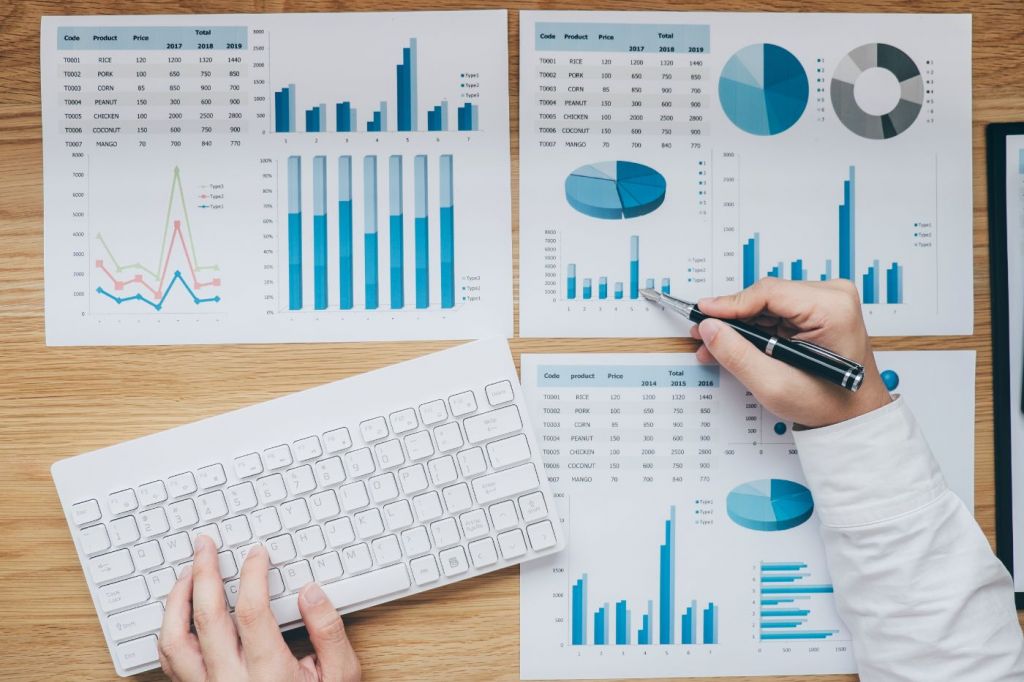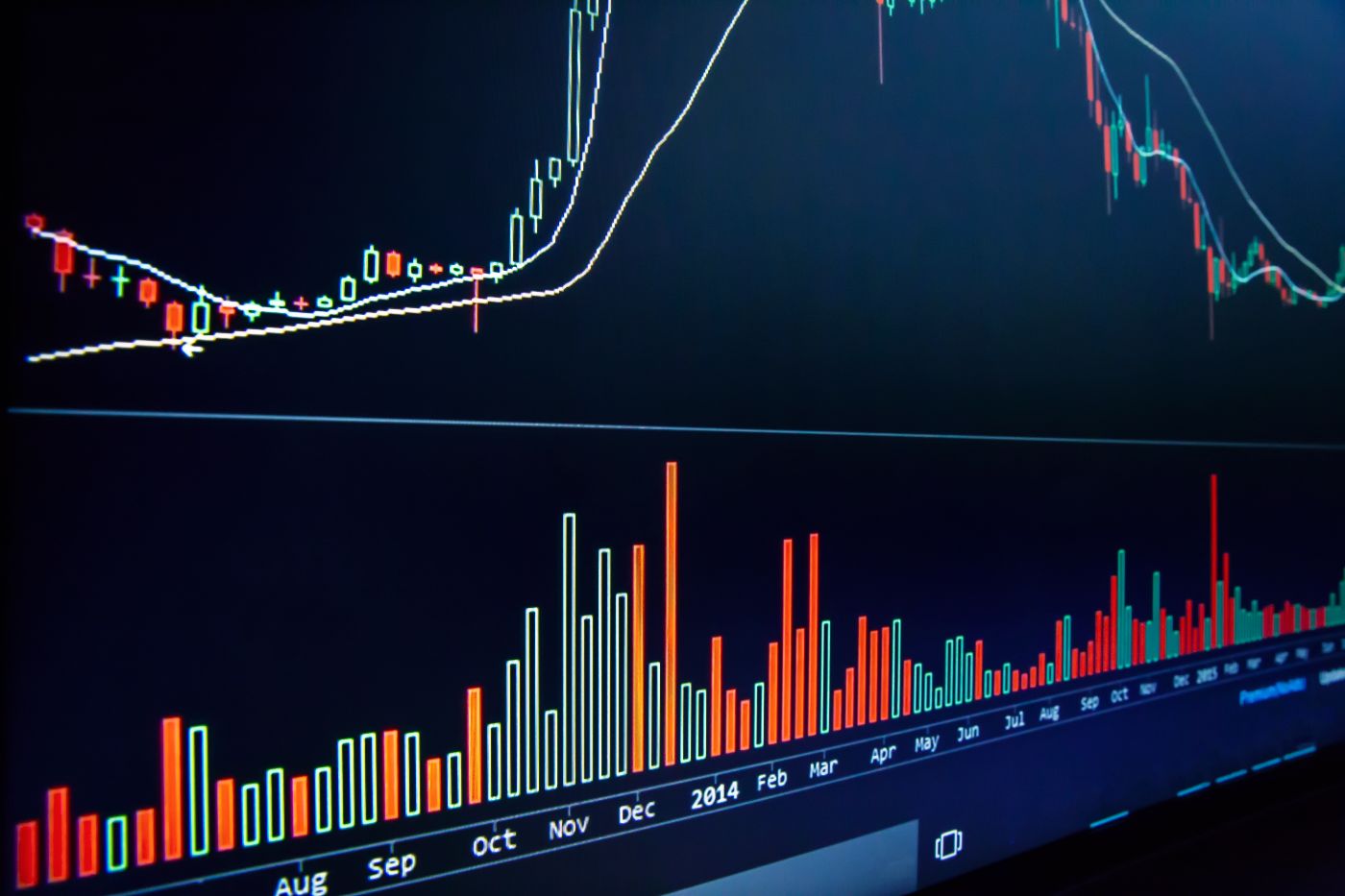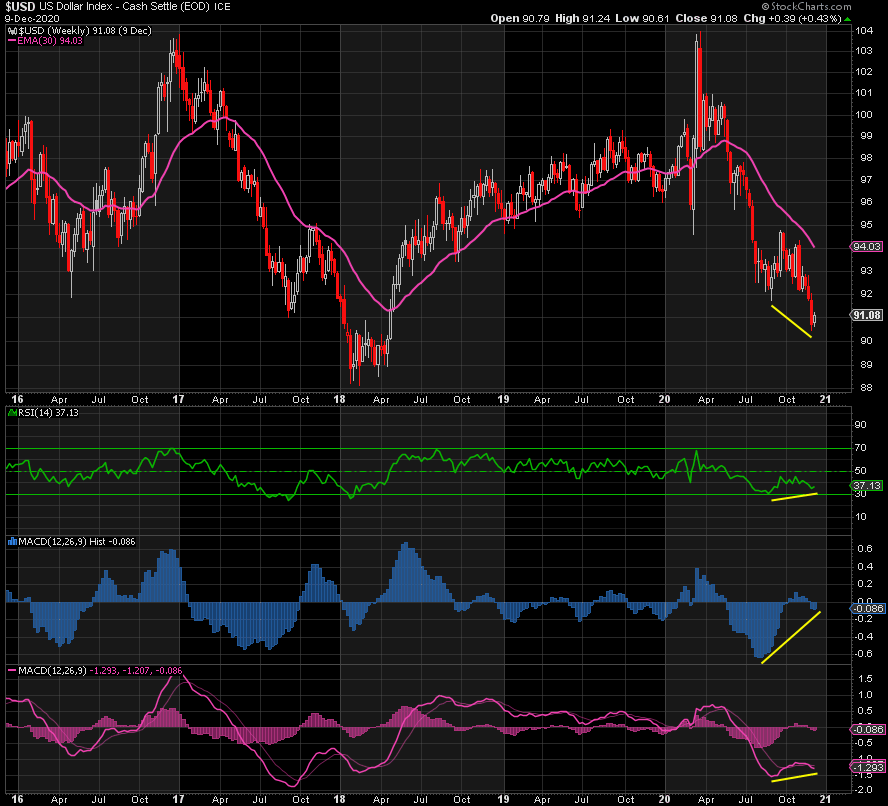The Fundamentals of the Future Wealth Creation Explained

I write to you not knowing where to begin or where I will end. What I do know, however, is that it is my wish (and perhaps duty) to start nonetheless. I need to inform you, since you matter to me, and your wellbeing matters to me. And if I were in your shoes, I'd wish that someone told me what I am about to share with you.
I've seen something at play which will affect our health and wealth from here on out, well into the future. This is an economic story, yes, a financial one, but also a human one. It's the story of my entire adult life, and that of my peers as well.
I write to you not to profit or to get ahead myself (although I do not mind sharing in the spoils). I write to you because I want you to get ahead, because I want my father to get ahead, because I want anyone to be able to get ahead - and stay ahead. But I've observed that our means to get ahead are quickly changing. Over the last decade the future's means have changed, and the road towards it too.
The American dream is no longer.
While I live in The Netherlands, we've ascribed to the American Dream too. In a way, the American Dream originates from Dutch mercantilism: you work hard, save, and over time, you generate wealth. Your children will be better off than you were. This might have been true in the past; my father, for example, has been modestly successful that way, and he did a good job instilling those values into me. However, his beliefs, which made him prosperous in the first place, might now be his downfall.
It isn't just that the old tricks won't work; from here on out, they will actively diminish your wealth over time. I will avoid them at all cost. I don't want a job, I don't want to have a savings account, and I won't hustle others. Luckily, the alternatives to building wealth are simple and effective, and also more kind.
The future's means aren't necessarily new, but they might feel counter intuitive to you. However, if you wish to be wealthy, you might want to change your strategy today, rather than tomorrow.
The old strategies aren't just an economic dead-end: utilizing them will let you miss out on the greatest wealth-generating opportunity of our lifetimes. Three major (or: macro, for you elitists out there) economic trends are about to coincide. The outcome is more predictable than your butter melting in Arizona. If you position yourself correctly, you have much to gain, and little to lose. If you don't position yourself at all, you may very well lose everything you have.
By now you understandably want to get a general idea of what those alternatives are. Here's my promise to you: I won't drag you along. I'll be upfront, clear, and concise, so you can decide for yourself whether you want to read on and learn more. However, allow me to urge this only once to you: if you're new to the ideas I discuss here, please commit to reading at least the fundamentals I'll lay out over the next three chapters. Then, decide afterwards whether you think my observations are correct.
Here's my analysis:
3 Economic Trends that Are About to Collide
The End of the Economic Cycle
The world's economy develops in cycles, also called booms and busts or highs and lows. Since 2008, we've been in the longest stock market recovery of all times, which today stands at 12 years, and is still counting. Historically, an economic boom lasts around 9 years.
An economic high is always followed by an economic low, historically speaking. While the past doesn't determine the future, the odds of an economic bust following our epic 12-year boom are high. While it doesn't necessarily need to be now, there are two other trends that play into those odds.
The International Debt Crisis
Since the mortgage debt bubble of 2008, central banks across the world have printed unparalleled amounts of currency to keep interest rates low, in order to guarantee debtors stay solvent (or: can pay their bills, for you elitists out there).
As a result, the economy has grown slowly at about 2% [IH] per year, which means we've had a long recession, but no depression. The last [IH] 5 years, we've even been in a stock bull market (bull stands for bullish, which means we like stocks). However, the world's money supply has greatly increased.

This creates two problems for our economic high: we have historic amounts of debt across the world, and the economy is slowing down due to declining trust in our economy.
Why trust in the economy is important
We need to be confident in our financial future in order to spend money freely. If we are uncertain of it, we will save more, and spend less. First thing to go are those cheap demonstrator fountain pens. However, while those things are not that valuable, it does mean that industry will be under pressure. The next thing to go is our car. That's a major industry, and whenever a large manufacturer needs to fire people, all of a sudden, a lot of families are without an income. This further decreases trust in the economy, resulting in more layoffs, and so on.
Whenever trust in the financial system is low, the money velocity slows down.
Money velocity is the speed at which money is spend
When we spend our money, it changes hands, giving other people money, which they in turn will spend to, let's say, feed their families, allowing the supermarket staff to receive wages, and feed themselves too.
Whenever we feel uncertain about our future, we slow down our spending, which means the money velocity goes down.

Low money velocity is bad for the environment
When the money velocity drops, businesses will need to start lay off people.
Savings vs. spending is a zero-sum game
When trust in the system is low, it is hard to find investors
And another player entered the stage in 2020, which slowed down the economy even further.
Increased Bankruptcies Due to COVID-19 Pandemic Policies
The COVID-19 pandemic policies have contributed to [IH] % international bankruptcies, which is [IH] % more than normal.
What this Collision Will Bring
How to build generational wealth in 2020? You want to find a store of wealth that protects your purchasing power by keeping up with real inflation, and has a historic track record to prove it does so. Then, you want to exchange as much fiat currency for your new wealth reserve.
How to Build Wealth
Understanding the Future Economy
Understanding Future Work
Understanding Future Wealth
How To Take the Wheel
How to Earn an Online Income
Did you find the answer to your specific question?
👍 1 👎 1
Comments
ZwRQYaWTeMCNBCnKQS
cSWBovrKSqFAQDCorY
Leave a comment